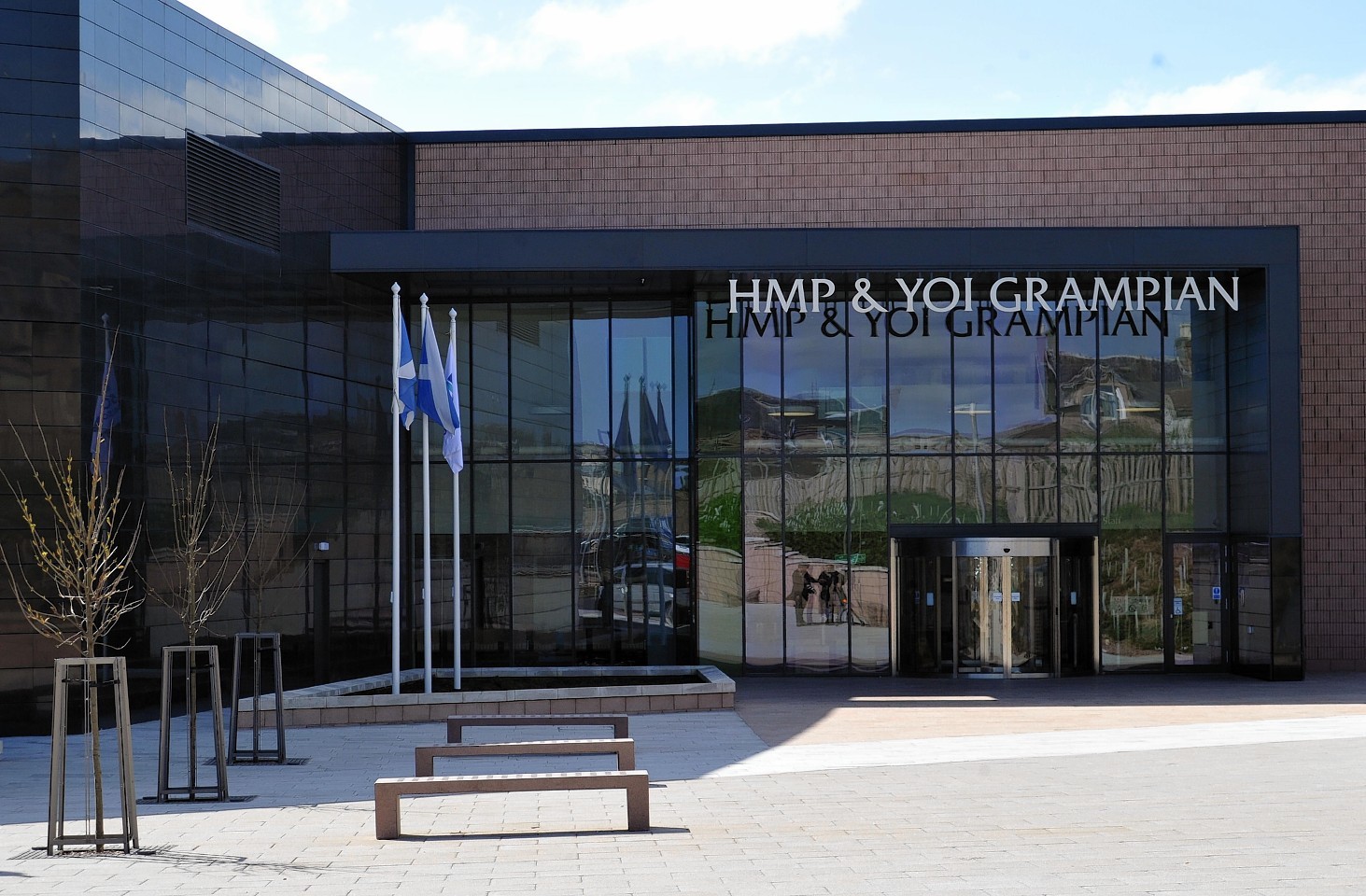Prison bosses have been accused of locking young offenders out of the north-east and abandoning an entire wing of a £140million superjail.
HMP Grampian in Peterhead was the Scottish Government’s flagship community prison when it opened its gates in 2014 housing male, female and young offenders on one site.
But following an alleged riot within weeks of opening, young offenders were moved out of the facility en masse to YOI Polmont.
There have since been repeated calls to return them to the region to allow easy family access and encourage rehabilitation.
But in a letter seen by the Press and Journal, Justice Secretary Michael Matheson has revealed the Scottish Prison Service (SPS) is “not in a position” to do so and inmates will remain in Polmont indefinitely.
Last night North East Labour MSP Lewis Macdonald said: “When HMP Grampian first opened it was heralded with great fanfare as a prison that would be community-facing.
“It was said that it would allow young offenders to be near home so that they could keep in close contact with their families and as a result improve their chances of rehabilitation.
“It would now appear that the SNP have performed a complete U-turn on their original policy for housing young offenders. Keeping them at Polmont means they have access to a wider range of services, but it will make it harder for them to keep in touch with their families in the north-east.”
Research shows young offenders housed closed to their families are more likely to be rehabilitated and integrated back into their community.
He added: “I am sorry the SNP has seen fit to change its policy on young offenders from the north-east in what appears to be an entirely off-hand way.”
Professor Nancy Loucks, chief executive of charity and campaign group Families Outside, said that although YOI Polmont is “supportive” of young people in custody, the 300-mile round-trip for some north-east families could be devastating for their futures.
“Almost half of people in prison lose contact with their families as a result of their imprisonment, and only half of people in prison receive visits,” she said.
Prof Loucks, who is also visiting professor at Strathclyde University’s centre for law, crime and justice, added that while video link visits provide some support, young offenders have a right to face-to-face contact.
She added: “Not all families are supportive, but a location close to home is also critical for support from agencies such as local social work teams and through care.”
But last night Mr Matheson defended the decision and said it is important young people are in a facility where “relevant support and expertise” is available.
“The SPS is not currently in a position to replicate all of the service and cross-agency working that is taking place in Polmont at HMP Grampian,” the justice secretary said.
“I believe that our young people should continue to be located there in order to help them make the most of their time in custody and give them the most effective preparation for release.”
The letter was co-signed by SPS chief executive Colin McConnell.
He said: “We are now caring for some of the most difficult young men in our society and the team within YOI Polmont is working very hard to encourage this group to engage with the regime.”
Last night an SPS spokeswoman said the service was in a “fortunate position” where the number of incarcerated young offenders is at its lowest for “a long time”.
